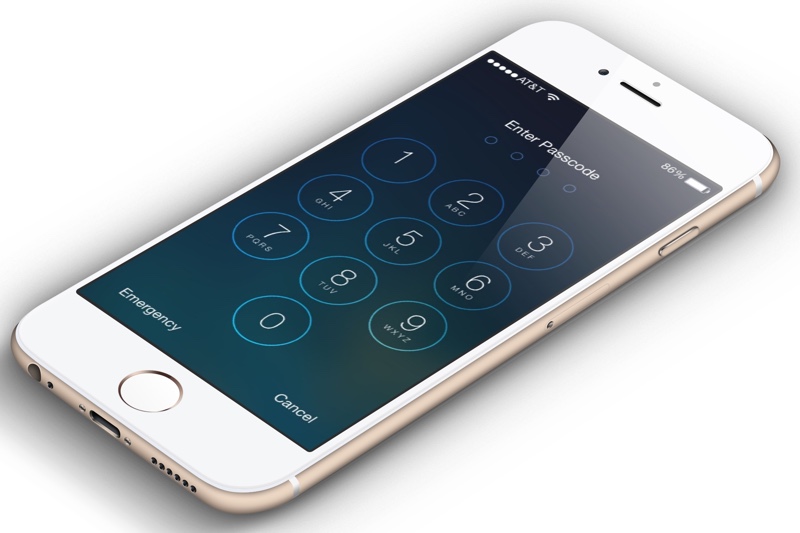A Florida man spent 44 days in jail for refusing to unlock two iPhones he had in his possession during a traffic stop. The incident adds fuel to the debate between iPhone users and law enforcement over whether the cops can legally gain access to a smartphone’s contents via a passcode or biometrics without violating a user’s constitutional rights.
AppleInsider reports that last June, William Montanez was pulled over by a Tampa, Florida cop and questioned over possession of marijuana. Montanez didn’t try to hide the drug in the vehicle and confirmed his usage. He was arrested for possession of marijuana, the possession of two small bottles believed to contain THC oil. He also had a firearm in the glovebox of the vehicle.
Two iPhones were seized at the time of the arrest, one of which had a text message that said, “OMG, did they find it?” Cops demanded the passcodes for the devices, telling Montanez that they intended to get a search warrant for the devices. However, Montanez refused to do so, believing they were fishing for evidence of other illegal activities. He also didn’t want police to have access to other personal information, including intimate photos of his girlfriend.
Montanez was bailed out of jail, but a Hillsborough County Sheriff’s Office deputy served a warrant to Montanez for the passcodes five days later. Montanez again refused, which led to prosecutors convincing a judge he was in contempt of court, which led to him being placed in jail again.
Montanez spent 44 days in jail the second time, cooling his heels until the charges relating to the oil and firearm were dropped, and the contempt order was voided. He eventually pleaded guilty to a misdemeanor charge for pot.
Montanez says that despite the extended stay in jail, he believes he was taking a stand against the abuse of his rights.
“I felt like they were violating me. They can’t do that,” Montanez, 25, told NBC News. “F— y’all. I ain’t done nothing wrong. They wanted to get in the phone for what?”
The incident once again highlights the ongoing battle between electronic device users and law enforcement over access to the users’ devices when police are attempting to acquire evidence during investigations.
Depending on the location and the court, verdict have been handed down supporting both sides of the argument. Police have turned to hacking techniques, such as the “GrayKey” tool used during 2018 by several police departments to access the contents of seized iPhones. However, the cost and unreliability of such solutions have led cops to increased the pressure on suspects to unlock access to the devices.


